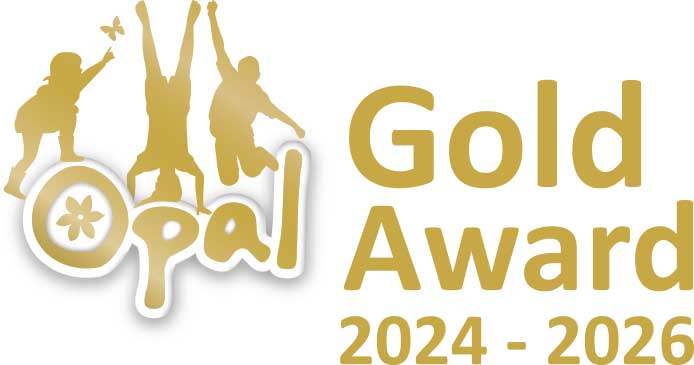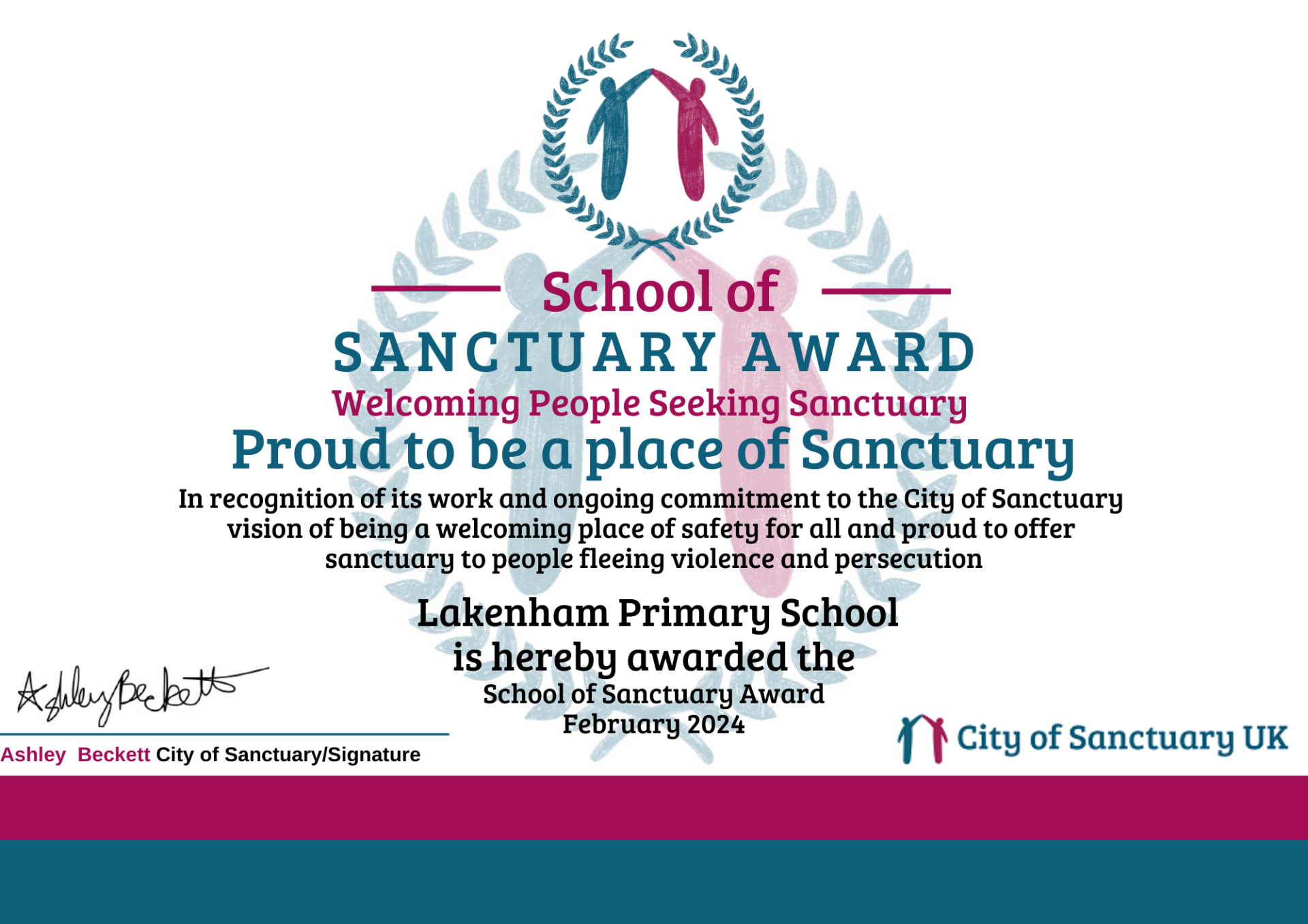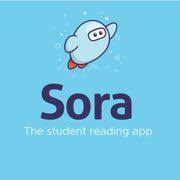How can I support speech, language and communication? (for practitioners)
Training
Would your setting like to know more about Communication Champions and receive some free speech, language and communication training? Please contact Tracey Hawthorne or Jess Bell office@lakenham.norfolk.sch.uk for more details of how to join our network of schools and local settings. As a member of the network you will be able to sign up for free training to improve speech, lanaguage and communication needs in your setting.
Network Meetings
Meetings are held half termly - covid restrictions permitting we are aiming to return to face to face meet ups from Autumn 2021, with online joining access available too.
No Pens Day Wednesday
As a school we hold termly 'no pens day Wednesdays' to encourage a whole day of speaking and listening activities. More information can be found at https://www.thecommunicationtrust.org.uk/projects/no-pens-day-wednesday/. We encourage our networks to join us to support verbal interactions in your own settings.
Environment
The environment a child is in can have a great impact on the communication that happens. Have a look at the following documents from the Ican communication website https://ican.org.uk/ for ideas to ensure your setting has good spaces and times to talk.
making your place great for communication final 1 june 2018.pdf
communication friendly environments checklist june 2018.pdf
Due to Covid 19, many children have now had a long time away from their settings and may have only been speaking in their own languages for months before returning to school, so may find it more difficult when they come back. It will be stressful and tiring as they are working so hard to keep up in English. The positives are that research shows children find it easier to switch between languages than we do as adults and EAL children are often very good at reading body language due to not always understanding words. Due to the potential benefits to EAL children including flexibility of thinking when speaking two languages, we need to ensure we are encouraging speaking in home languages in addition to English.
Karen Nemeth of www.languagecastle.com talked about her CASTLE strategies to help support EAL children.
C Choose keywords in both languages to support children in increasing their vocabulary - say the word in their language and English to make meaning clear.
T Themes and Time - revisit themes - don't just cover once and expect it to be remembered













